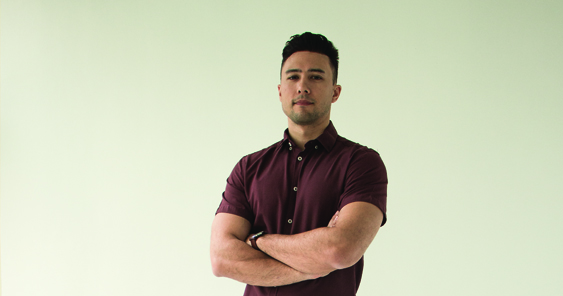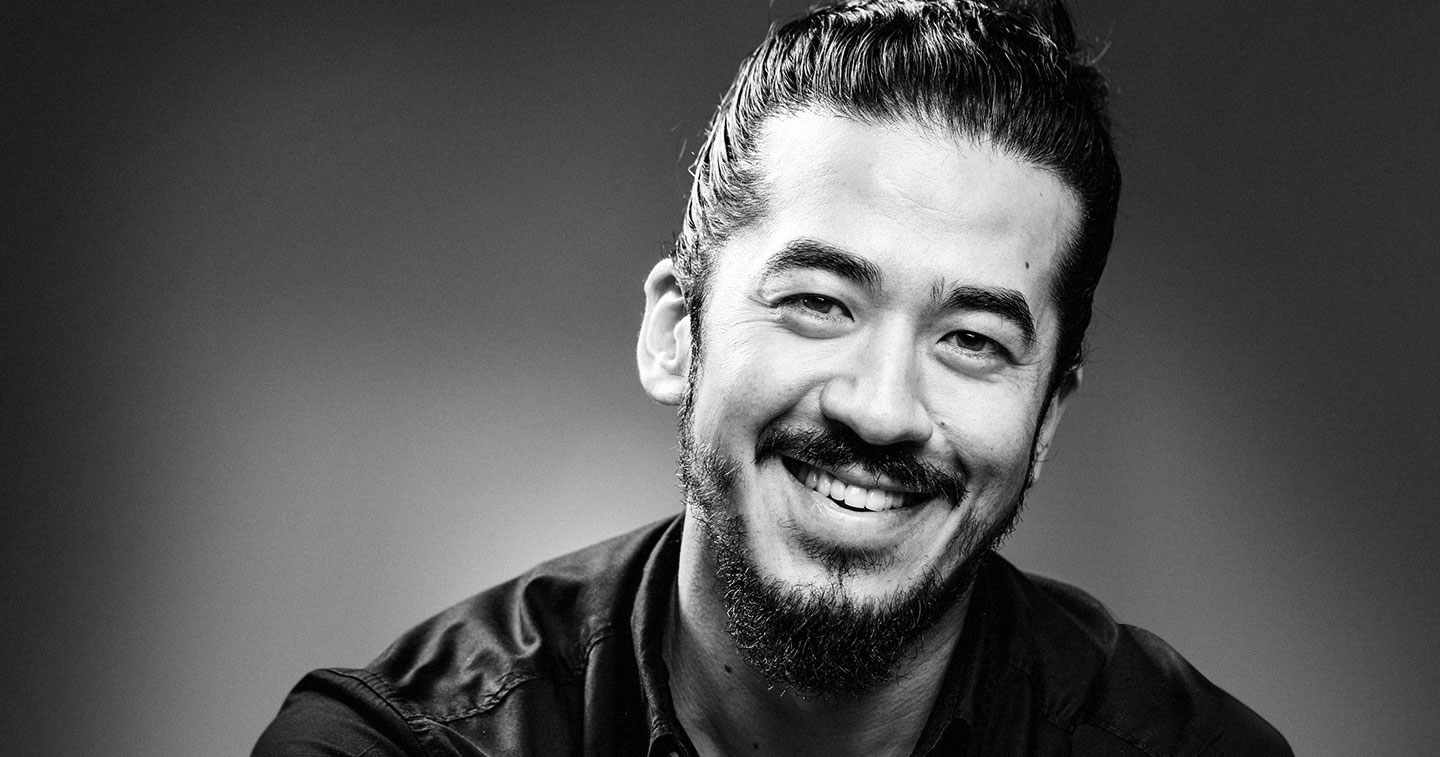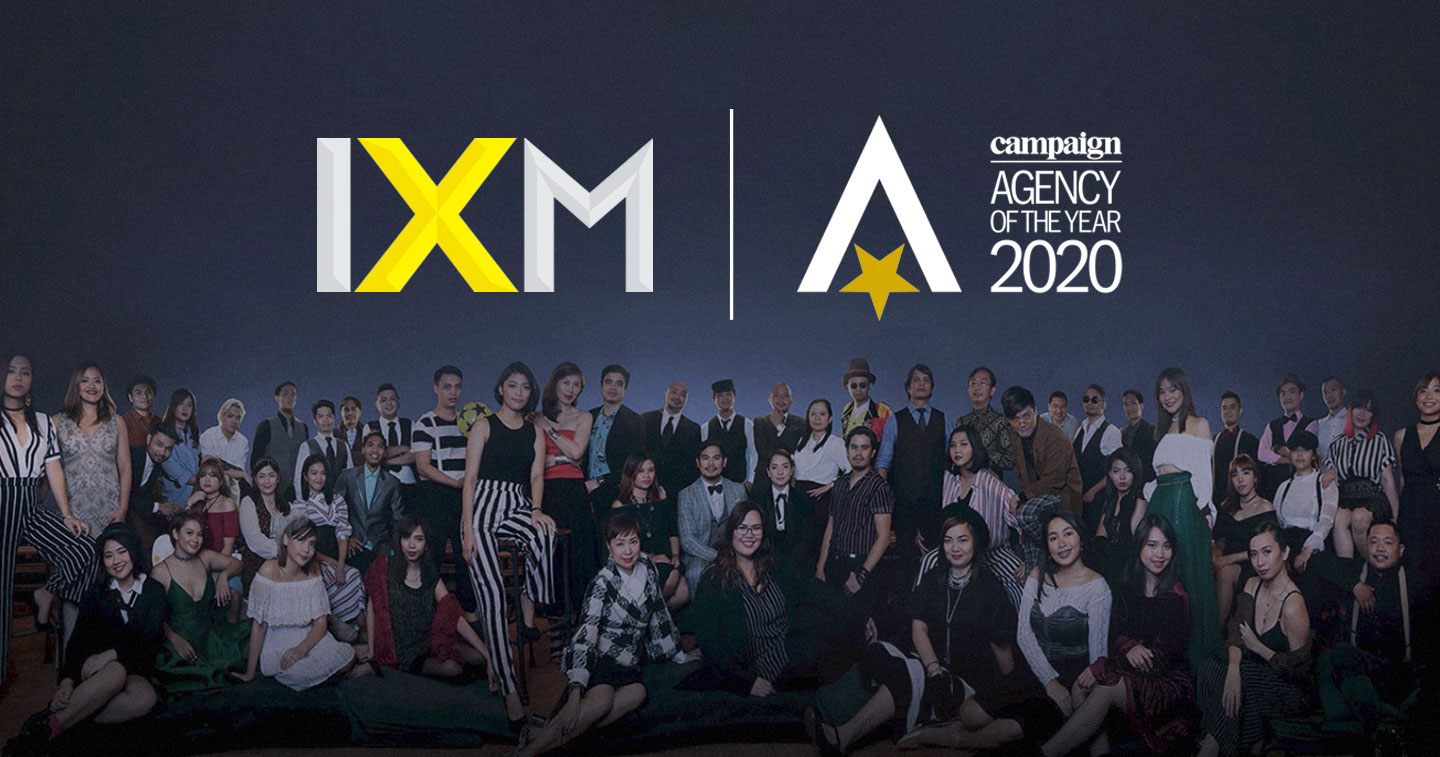Words by Nadz Ruiz
Photos courtesy of Isaac Reyes
The days when Big Data was the industry buzzword are long over. Instead, businesses, manufacturers, producers and governments are using the power of data to fuel everything they do, but in bold new ways, investing in infrastructure and processes for data capture, data ingestion, and data storage. The vision now is to derive value from these investments and from the data gathered.
Accompanying the ever-growing ubiquitousness of data is the shift in focus to its applications in business processes and systems, consumer behavior, analytics algorithms, AI, machine learning, automation, voice technology, and even data-driven decision-making.
In an exclusive interview with adobo magazine, Isaac Reyes, data scientist and founder of data science specialist company DataSeer, laid down the trends and the state of the field in the Philippines.
“We are going to see a lot more predictive analytics in AI. Now that the data is ready for being pushed into those AI models, companies [can] make decisions better, target their customers better, and service clients better,” Reyes said. Yet, because of the ever-expanding use of data, analytics and AI, the industry is running into the ethics question: what kind of data-driven decisions can be automated? “We are actually going to have to program ethics into the machines and into the models to decide what they should do.”
Another piece of data-driven technology that will continue to make its way into mass use is voice recognition. “Instead of interacting with my devices via my fingers, by a keyboard or a GUI, now I’m interacting with my devices increasingly through my voice, because the language recognition is just so good now that Siri and Alexa are dropping the ball less and less. In 2018, I think certainly what we’re going to see is the app development ecosystem around Alexa and Siri increase massively.”
Training machines with data
Machine learning and human learning is quite similar, according to Reyes. Just like how the human brain processes data from its environment, such as receiving signals on what is hot or cold, or what’s painful or not, machines can be programmed to collect data and recognize trends.
“We train the artificial intelligence model with data and after doing so, the model decides with a ‘yes’ or ‘no, whether it recognizes a face or not.Or it gives some sort of response,” he explained.
“These models collect huge amounts of data. In Gmail for example, they are looking at the characteristic of the e-mail. For example,at what time it was sent. Or if there are keywords that are a little bit sketchy showing up 99 times in an e-mail, then it’s read as spam. The model is looking for certain trends and using that data to identify spam. That’s one way to use data to make decisions,” Reyes added.
Data science in the Philippines
Reyes revealed that the Philippines, compared with other countries in Asia, is unfortunately one of the most behind in data science. Countries like Singapore, Malaysia, Japan, and South Korea give incentives to professionals and students wanting to learn data science, and provide a supportive and encouraging environment for the field.
In Malaysia, for example, the government has established the Asia Analytic Data Exchange (ADAX)to upgrade data science analytic skills on a national level. The Singaporean government refunds professionals for their data science and analytic courses, so they end up paying only a fraction of the true cost. We’ve seen some cursory moves in this direction in the Philippines, but it’s too late at this point,” he lamented.
Still, Reyes observesa growing number of Filipinos showing interest in data science, andthis is why he and his colleagues started Data Science Philippines, a group that aims to educate local professionals with free workshops and talks.

Machine learning and human learning is quite similar, according to Reyes.
“We have seen great work from this current government, just not in this particular area. Filipinos are resilient. In spite of the lack of support from the academe, companies, and the government, people still want to get into this field and they are educating themselves through the power of the internet via. Through mass online courses, face-to-face courses, online e-books. They are skilling themselves up, and they are trail-blazing people who are flying the data science torch in the Philippines,” he enthused.
AI affecting the BPO industry
With studies prophesying the BPO industry will die in the next few years to be replaced by bots and AI programs, Reyes sees two sides to this. While he sees truth to this, there are still functions that will need human skills.
“It’s not a matter of whether (BPO functions) will be automated,it’s a matter of when. I give the call centers and BPOs about eight years. On the flip side, companies like Google, Facebook, and Tinder might actually employ armies of people here in the Philippines to do manual reviews of inflammatory content. Facebook is not at this point relying on machines to do that. The reason is when it comes to natural language processing, some stuff is just so subtle and hard to classify.”
Machines and creativity
Can machines become creative? We’re still off from that by 50 years, according to Reyes. “We’re at the point where machines do credit risk modeling better than humans. Banks use machines to decide if someone’s a good credit risk.They don’t always get it right, but they’re better at it than humans, overall. The next frontier is perhaps medicine. Can a machine diagnose better than a human? But are we [ever] going to reach a stage where a machine can be the next Shakespeare?Can machines eventually write plays or musicals that rival the creativity of some of the great artists?”
Reyes still believes the younger generation should study fields not likely to become automated. “The fields that won’t be automated are those that are very human. For example, psychology. At the end of the day, if I’m going to lie on a chair and talk about my problems, I don’t want to talk to a thing. I want to talk to a empathetic human. So psychology is one field—so is acting, directing, and the creative industry,” he said.
This article was published in the adobo magazine Trends 2018 issue.









